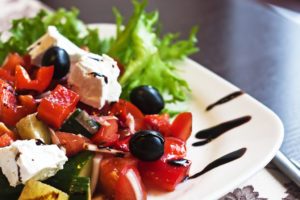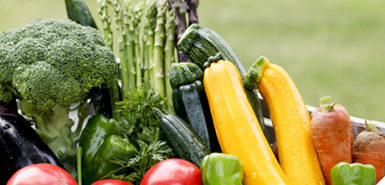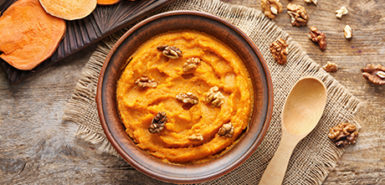
The best way to get through midlife and menopause is to know the tricks.
One of the tricks for healthy aging is to eat the Mediterranean way. This way of cooking and eating is healthy, tasty, satisfying and good for staying on a budget.
Mediterranean cooking includes whole grains, lean protein such as seafood and chicken, extra-virgin olive oil and lots of veggies.
For flavor and health benefits, the recipes use lemons, lots of garlic, and spices such as oregano, dill and parsley.
There are so many options to consider, and my favorite cookbook for Mediterranean cooking is ‘Live to Eat’ by Michael Psilakis.
He organizes everything by key items to keep on hand: Greek yogurt for sauces and dips, garden-fresh veggies and fruits, peppers, onions, roasted cherry tomatoes, tomato sauce and garlic confit. From these items, healthy meals are a snap.
Mediterranean cooking has been proven to reduce risk of heart disease, stroke and type 2 diabetes.
Insulin resistance is the common denominator for all these issues, which combined are the cause of death for a third of women.
Insulin resistance is when the blood sugar stays higher longer after consuming food—and especially higher after consuming simple carbs such as white flour pasta, white bread, white rice, alcohol or treats.
When blood sugar stays high, it can damage tissue and cause higher levels of insulin, which increase cravings for sugar, as well as promote storage of sugar into belly fat.
One of the other things sugar does is make blood vessel linings sticky, which allows fat to adhere to them, increasing the risk of a blockage.
The bottom line, a diet high in foods made with simple carbs cause preventable disease.
Learning how to cook the Mediterranean way can save lives.

 /a>
/a>
 /a>
/a>
 /a>
/a>